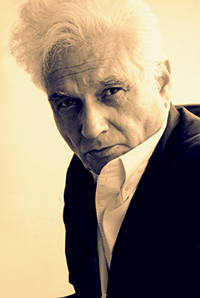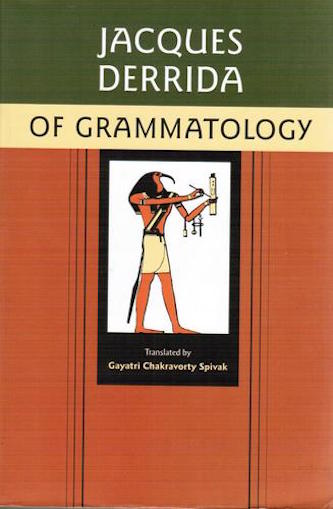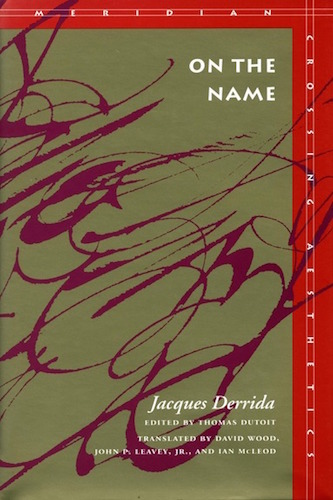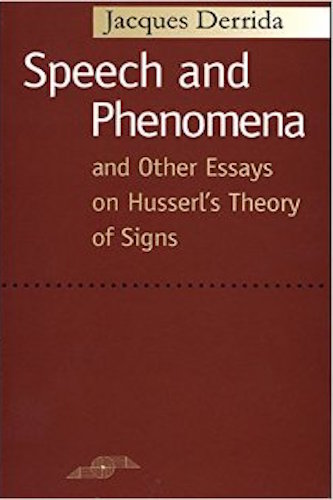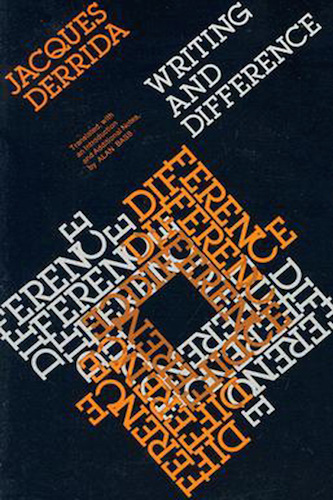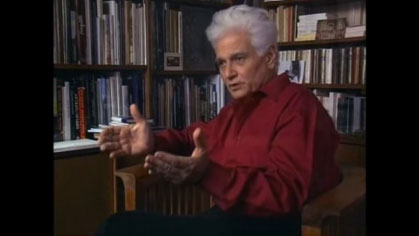Anyone who has heard [Derrida] lecture in French knows that he is more performance artist than logician. His flamboyant style—using free association, rhymes and near-rhymes, puns, and maddening digressions—is not just a vain pose (though it is surely that). It reflects what he calls a self-conscious “acommunicative strategy” for combating logocentrism.
— Mark Lilla

